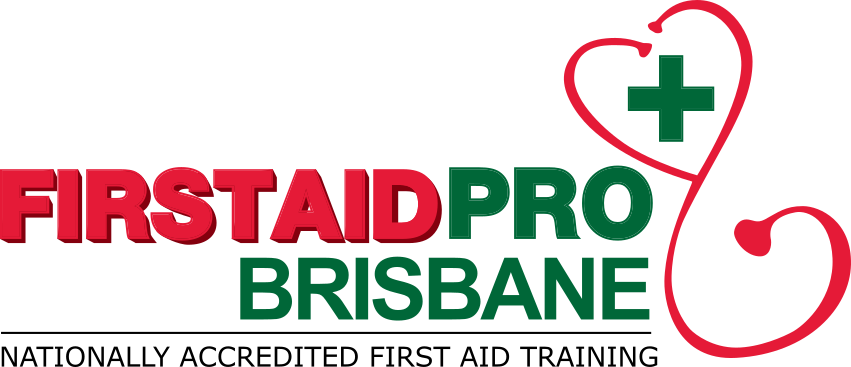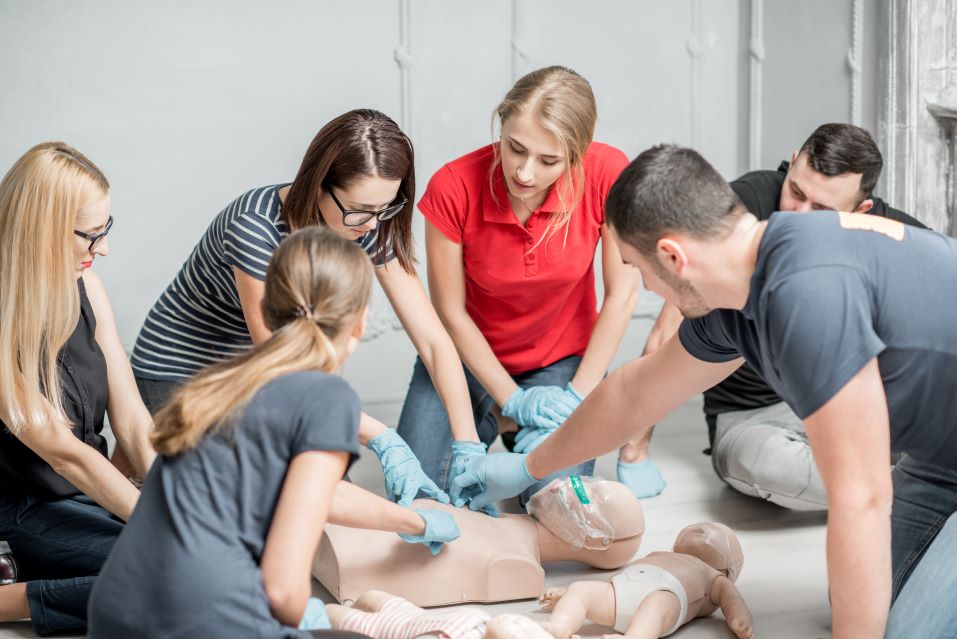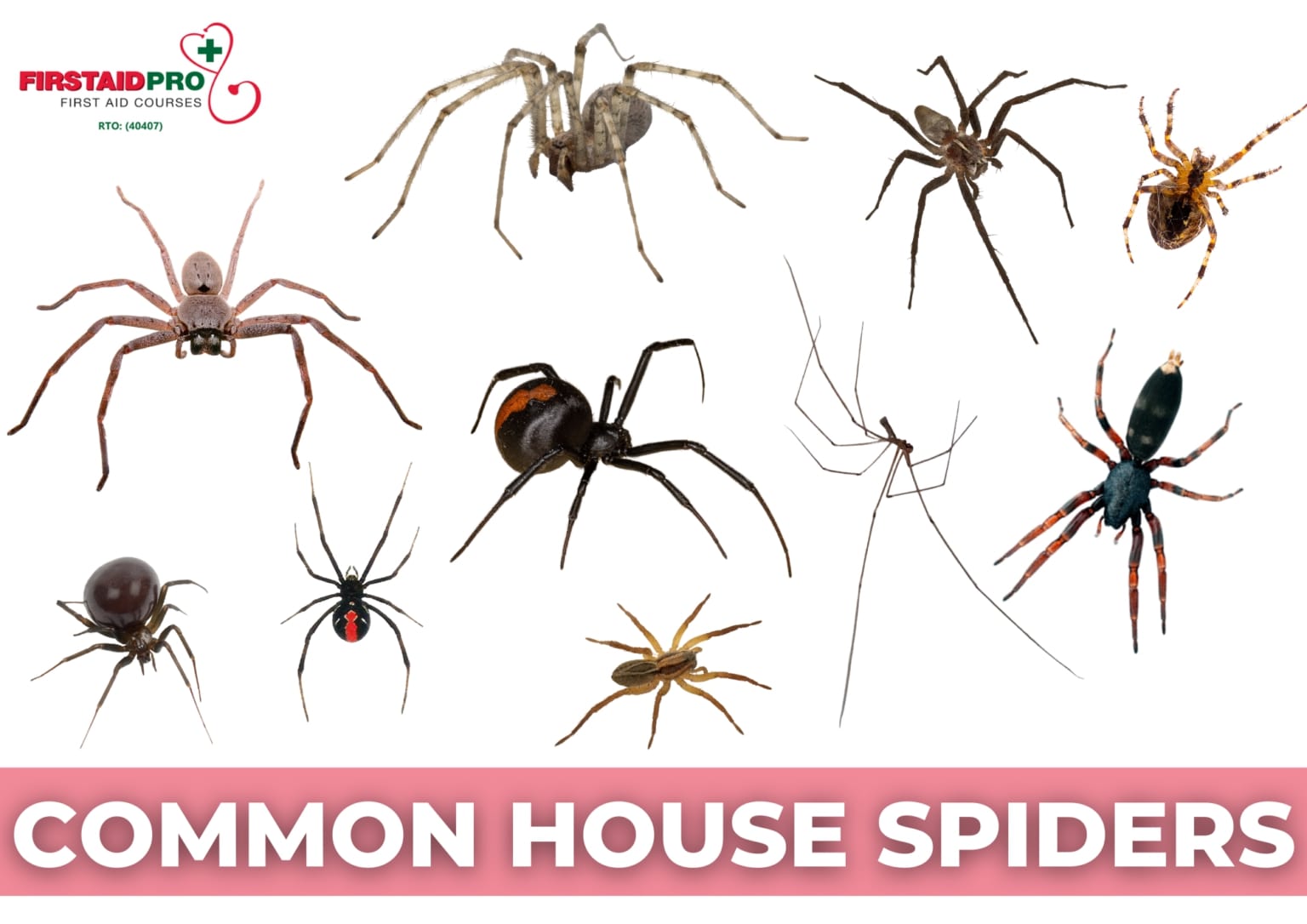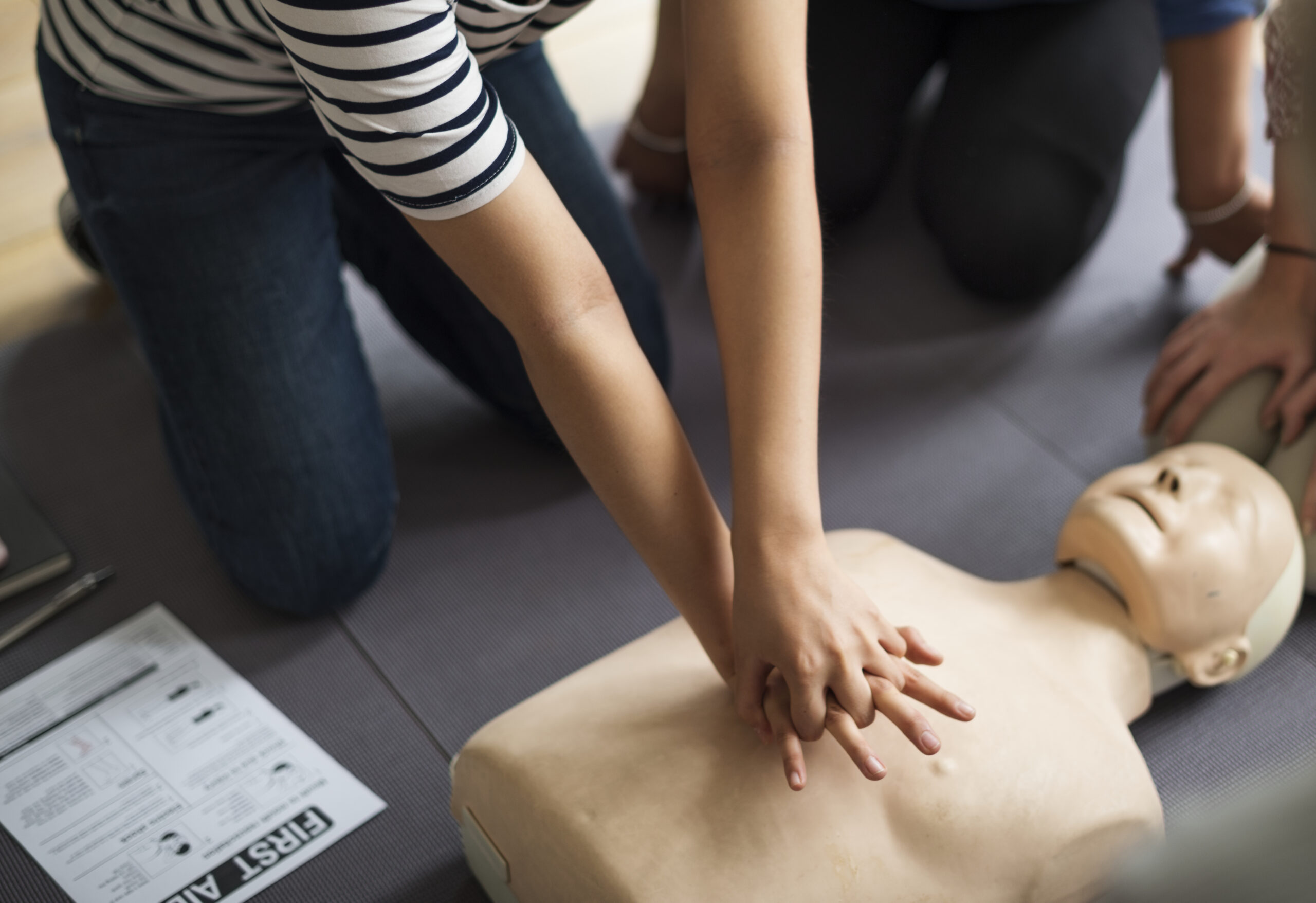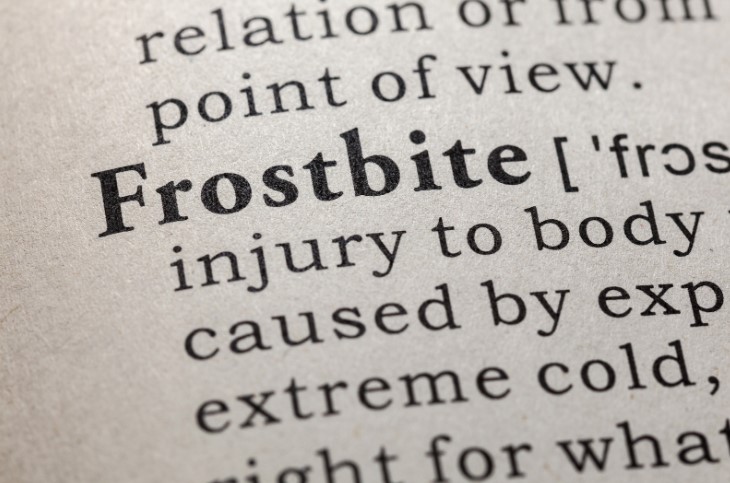Anxiety and depression are two of the most common mental disorders in Australia. Let’s explore the effect of these two conditions, as well as their causes, symptoms, and treatment options.
What’s The Difference?
Feeling anxious or depressed are normal emotions to experience after being in a high-risk or upsetting circumstances.
One in every five Australians will experience a mental health problem every year. With these , there’s a high chance that you or someone you know is affected by anxiety and depression – which are often experienced by adolescents and adults.
Anxiety and depression are serious mental health conditions that can affect daily routine and overall quality of life. Although some of their causes, symptoms, and treatment may overlap, there are critical differences between the two.
What Is Depression?
Depression is a type of major depressive disorder that negatively affect a person’s feelings, way of thinking, and how they act.
This condition causes the feeling of sadness or loss of interest in things or activities previously enjoyed. It also results in physical and emotional symptoms which decrease one’s ability to function at home and work.
Approximately 1.5 million Australians are affected by depression every year. Most people will experience its negative symptoms at some point in their life and can occur at any age.
The average age people for people to suffer from depression is during the late teens to mid-20s. It is also more common in women than men.
What Is Anxiety?
Anxiety is multiple mental and physiological phenomena, which includes a person’s fear of an actual situation or worrying of future events.
It is a normal response to stress, which can be beneficial in certain circumstances. The ‘fear’ and ‘worry’ alert us for dangers and pushes us to prepare and attention.
However, it is important to know the difference between anxiety disorder and normal feelings of anxiousness and fear.
Recognising early symptoms helps most people with anxiety to lead normal, productive lives.
Signs And Symptoms Of Anxiety And Depression
Although with similarities, anxiety and depression have distinct symptoms or what they call ‘mental markers.’
Symptoms Of Anxiety
- Constant worry about the immediate or future events
- Having uncontrollable thoughts that is often negative
- Always thinking about death due to perceived danger
- Continually anticipating dangerous outcomes
Symptoms Of Depression
- Low or depressed mood
- Lack of interest in once enjoyed activities
- Sudden increase or decrease in appetite
- Insomnia or hypersomnia
- Slow movements or lack of energy
- Lack of focus or trouble concentrating
- Suicidal thoughts or behaviours
- Lack of hope about themselves, others, and the world
- Feeling of guilt or worthlessness
- Think about death (or a persistent belief that life is not worth living)
Talk To A Mental Health Professional
If you are experiencing symptoms of anxiety and depression, chances are that a doctor or mental health professional will recommend medication or therapy.
Keep track of the symptoms and write them down in a journal to help in the diagnostic process. Share your feelings and ask for professional advice. This clarifies your condition and will help you understand treatment options, as well as manage symptoms.
Conclusion
Anxiety and depression are mental disorders that can happen to anyone, regardless of age, gender, and other societal factors. Although these two conditions have similarities, it is important to know the ‘mental markers’ to differentiate them from each other.
It is normal to have feelings of anxiousness or being depressed from time to time. However, if these feelings do not go away and start to interfere with day-to-day life, you might suffer from anxiety or depression.
The most important thing to know is that these are both treatable situations. Never hesitate to seek help from a mental health professional or support from your loved ones. Doing so will help you stay informed about your condition and on the right track towards a healthy mind and body.
To know more about mental disorders, consider getting a mental health first aid (MHFA) course.
Reach out to us at courses@firstaidpro.com.au and one of our staff will be happy to assist you.
